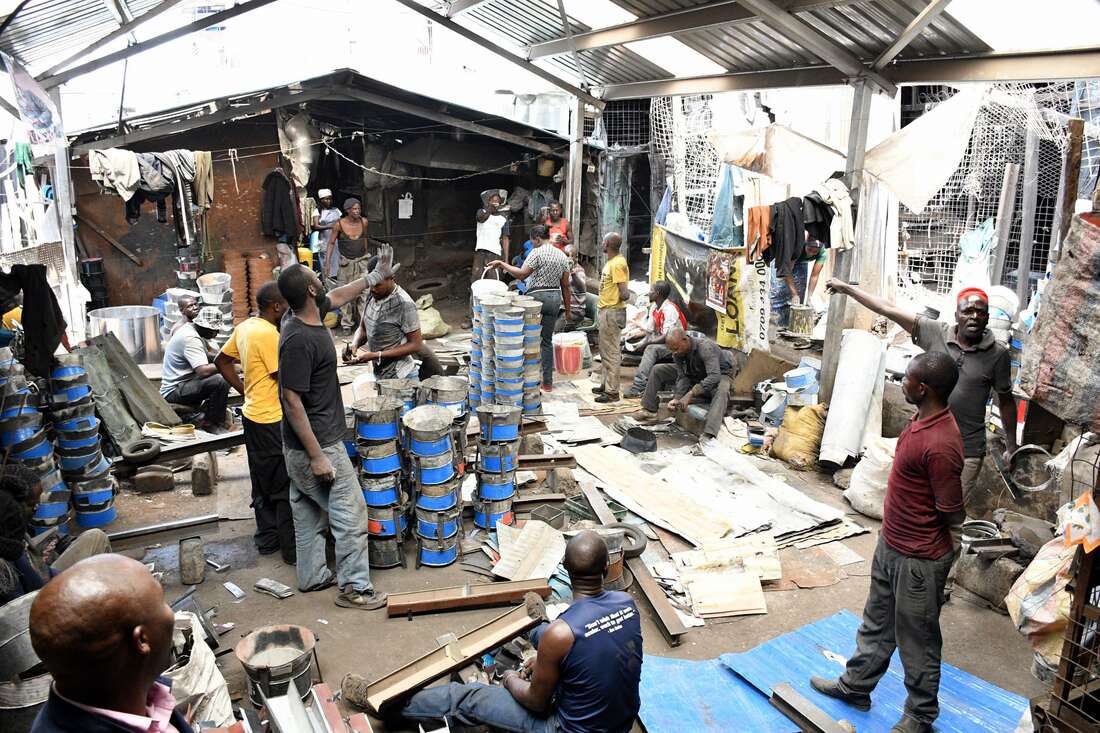Kisumu Central MP, Joshua Odongo Oron, is championing a transformative bill that could reshape the landscape for skilled individuals who have gained expertise outside the realms of formal education. His proposal aims to empower Kenyans in the Juakali sector by allowing them to apply for official certificates, potentially revolutionizing this thriving industry.
Oron recently presented the "Technical & Vocational Education and Training Bill, 2023" to the National Assembly Budget and Appropriations Committee on October 6.
The core idea behind this bill is to grant informal learners, who possess valuable skills, the opportunity to obtain nationally recognized Prior Learning (PL) certificates within the Technical and Vocational Education and Training (TVET) sub-sector. If this recommendation gains approval in the House, it could provide Juakali professionals with a competitive edge in the job market, consequently contributing to increased national revenue.
In addition to this, lawmakers are considering amendments to the Industrial Training Act to establish a systematic framework for assessing and certifying individuals who have honed their skills through informal training.
Notably, the National Assembly Budget and Appropriations Committee is prioritizing legislative proposals that do not strain the national treasury. As Teso South MP Mary Emaase stated, "We are considering Bills that won't put pressure on the exchequer. The simpler it is, the better."
The Juakali sector, loosely translated as "hot sun," constitutes a vibrant artisan community in Kenya, offering a pathway to self-employment and economic productivity. Unlike many formal jobs, this sector boasts minimal entry requirements, placing high value on skills acquired through hands-on training and experience.
Skills prevalent in the Juakali sector encompass craftsmanship, beadwork, vehicle repair, furniture crafting, shoemaking, metalwork for boxes and kitchen items, clothing design and repair, as well as pottery, among others.
According to a study report by Statista.com, the informal sector employed a staggering 15.96 million Kenyans by the close of 2022, representing a substantial 83% of the country's total population. This underscores the sector's immense significance in Kenya's socio-economic landscape.

